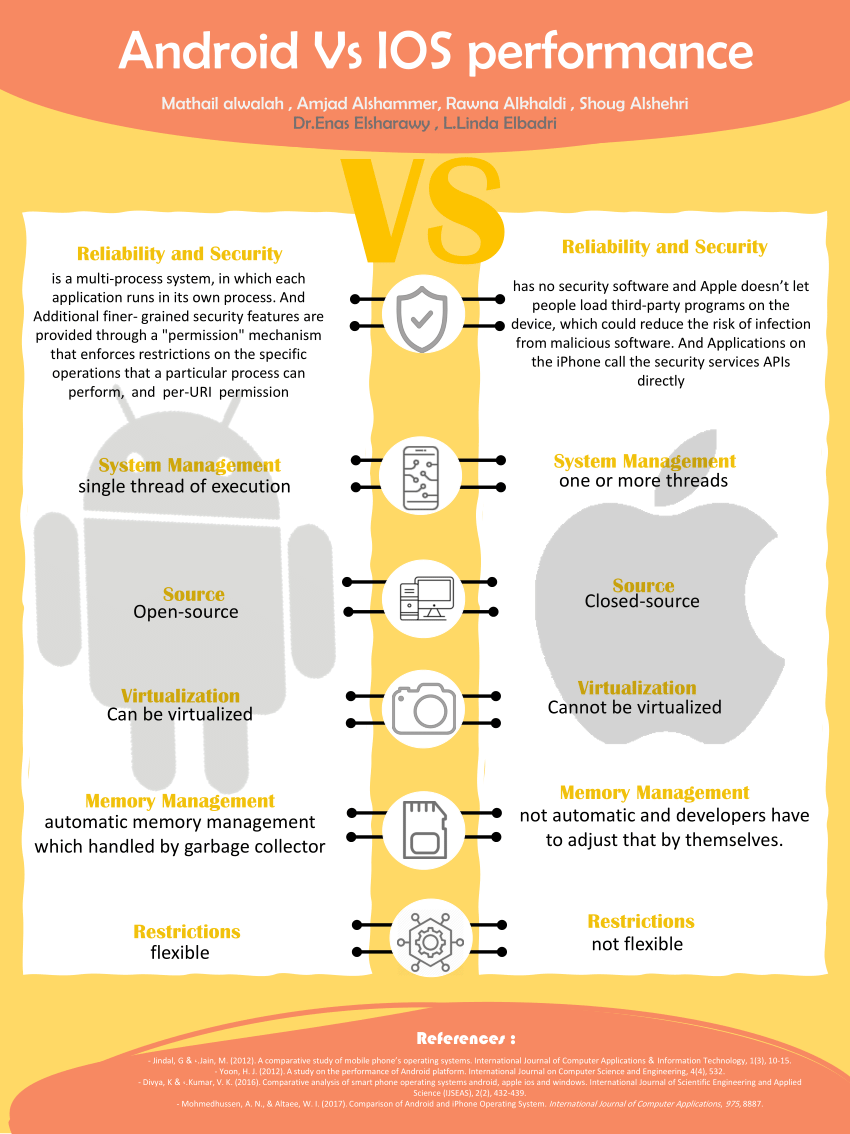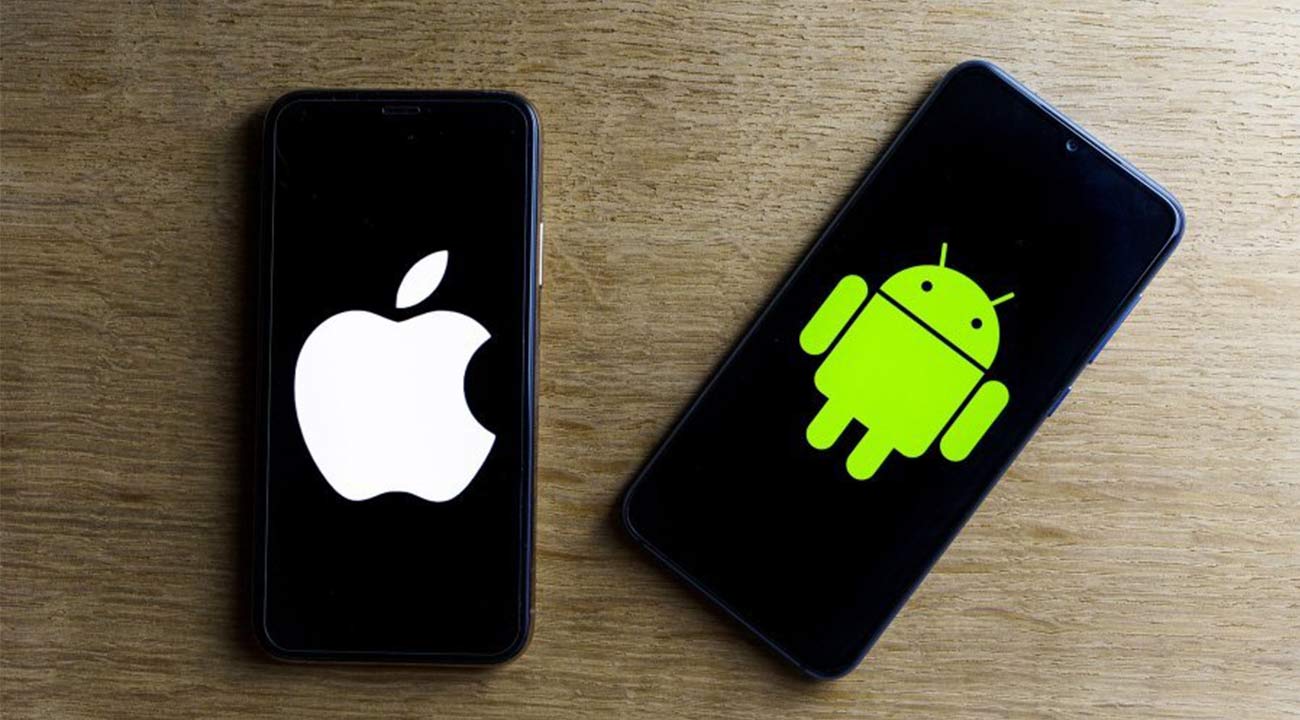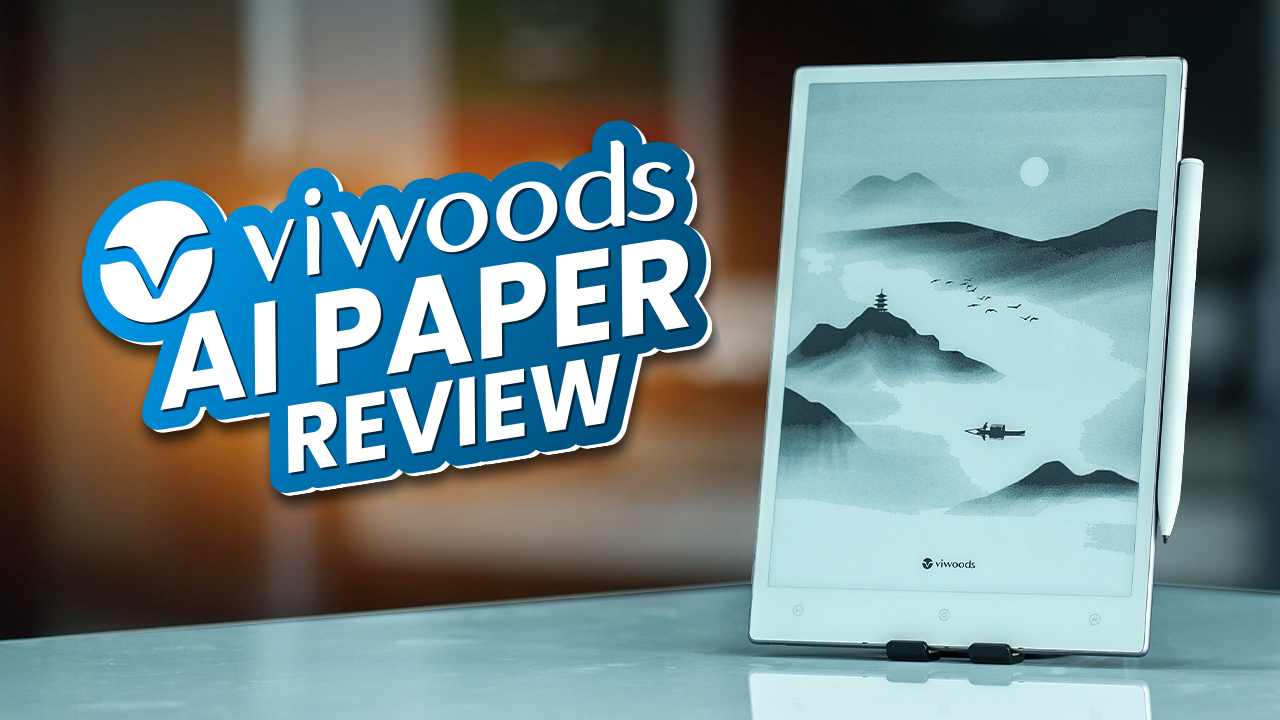It’s best to face the music – Apple’s iOS is better than Google’s Android – not in every way, mind you. Still, there are definitely areas where iOS has the higher ground. When you take user-friendliness, updates, and not to mention, the ecosystem into consideration – iOS is just better than Android. Even in the hardware department, with the optimization that Apple offers with iOS and the hardware, even 60fps feels smooth. So, what else does iOS do better than Android? Let’s find out.
UI & UX
If we had to describe the iOS user interface and experience, it would be consistent. iOS rarely changes its UI and UX, maybe once after many updates. This constant theme or style in the user interface gives it that clean look that many love. The last thing an average user needs is an inconsistent OS, and that’s Android.
Let’s Take A Look At Android:
With Android, there are various changes to the UI and UX. You don’t have to look far; just look at Google’s app icons; even a few years ago, they had a different design, shape, and color scheme. As for skins, if you have seen OxygenOS, ColorOS, or One UI, you will surely know different one gets from the other.The last thing an average consumer wants is disruptive changes when it comes to user interface and experience. With every drastic change, the user needs to re-learn an operating system they have been using for a long time.

Now To Check Out iOS:
With iOS, major redesigns happen once in a full moon. The first major redesign happened back in 2013 with iOS 7. So guess when the next major redesign happened? It was in 2019. Just like that, Apple takes time with changes; they understand that people love changes but not unfamiliarity. That’s why the changes in the UI and UX elements are slow-paced and happen gradually. When it comes to navigation, there’s no doubt iOS is much easier to navigate than Android. This is because Apple keeps its operating system as clean and straightforward as it possibly can – no unnecessary widgets and customization.

Such a simple interface indeed leaves us yearning for a bit more freedom to make the interface truly ours, but when you consider other factors, simple is better. With Android, the sky is the limit with customization. They have all the widgets in the world, all the themes, and launchers. Unfortunately, such abundance also makes it somewhat complicated. In short, iOS has Android beat in terms of user-friendly interface and experience.
Stability & Updates
iOS is much more stable than Android, even with its beta releases. Yes, you can daily drive an iOS beta build, and of course, there will be bugs. But, the bugs are very unlikely to push you off the edge and to the public build. Even with updates, iOS is far more polished than Android – you might ask someone to wait to upgrade their Andoird, but you can confidently advise someone to update their iPhone on day one. While enthusiasts users will find ways to fix the bugs or create a way around them that doesn’t represent the average users, they don’t want updates that break their phones.
But, yes, the problem isn’t strictly with Google’s stock Android. Their problem lies in the fact that, unlike Apple, there are more than ten vendors of Android devices, and each puts a twist on the UI and UX. So, for Google to optimize the update for every device doesn’t seem feasible. That’s why the performance varies from one Android to another. With iOS, there’s one creator and vendor – Apple. This gives them such an upper hand when it comes to tailoring the experience to each generation of phones that even devices as old as the iPhone 6s Plus will get the latest updates.

Speaking of iOS or everything other OS in the Apple ecosystem receives updates and other security patches for the longest time. Such can be said about Android; besides being cut off quickly, the rollout time is also different. In summary, when it comes to stability and getting updates for the longest time, nothing beats iOS.
Performance
When it comes to performance, the winner isn’t as straightforward. But, generally, iOS is a lighter operating system than Android. Even the most feature-rich phone doesn’t have nearly as much ram as the latest Android phones. Take the Lenovo Legion Dual 2; it has 18 gigabytes of ram, whereas the iPhone 13 Pro Max comes with a mere 6 gigabytes. Yet, you can do so much with the latest iPhone. So, how’s Apple doing that? All the credit goes to the optimization that Apple does and can do. Since they develop their chips and cherrypick the hardware, the optimization is second to none. That’s why, even with minimal resources, iOS can crunch more data and do more. That’s also why scrolling on iPhone feels smooth even on 60fps.
Such can’t be said about its Google counterpart. But then again, Android isn’t to blame, rather the vendors or smartphone manufacturers. Stuffing too much glamor in your phone will result in a more resource-hungry machine. Since the apps we use are getting more powerful with every update, it’s only natural that the hardware won’t be able to handle it over time. When you mix the apps and the glamorous skin on your Android, it becomes a master battery guzzler.

Privacy & Security
As for security, iOS is more secure than Android. Yes, there have been exploits, breaches, and more. But, such leaks and breaches happen less on the iOS camp. Thanks to the closed nature of iOS, sideloading a third-party app is more troublesome than just buying something from the App Store.
Also, Apple has a tendency to treat you like you’re new to the smartphone; in other words, it puts restrictions and double-checks every time you confirm or turn off a feature. While enthusiast users might find that irritating to some extent, the average consumer doesn’t care. Instead, the average consumer cares that they and their data are protected from the boogeyman of the internet. So, with all these restrictions in place, iOS objectively becomes more secure than Android.

With Android, sideloading apps is easier than stealing candy from a baby. You can take it a step further by rooting your phone. While all these have their perks, it also introduces security risks and makes you more vulnerable to attacks, spyware, and whatnot. It’s the price you pay for the freedom you enjoy.
As for privacy, Android and iOS are polar opposites. For example, Android bags money through advertisements, so they need your data for more curated ads. On the flip side, Apple lets you limit data tracking when apps access your GPS. In addition, with the latest Private Relay and Hide My Email features, you can better secure yourself.
So, if you’re conscious about what you’re doing, iOS and Android won’t matter much. But objectively, iOS is a far more secure and privacy-centric operating system for the average consumer.
Final Verdict
So, that’s all about why and how iOS is better than Android. Even with their flaws, both have revolutionized the smartphone world; which one do you prefer?







